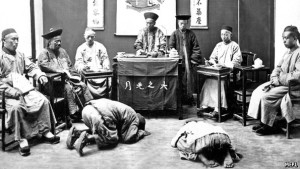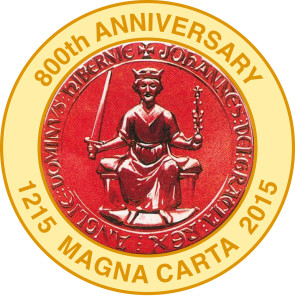 After 10-15 years of university, new doctors have spent most of their lives feeling inferior to MDs in authority. Students often feel undermined but learn to make teachers look good without being obsequious. Nuanced flattery is a survival skill.
After 10-15 years of university, new doctors have spent most of their lives feeling inferior to MDs in authority. Students often feel undermined but learn to make teachers look good without being obsequious. Nuanced flattery is a survival skill.
New doctors have spent 12,000 hours in training but continue to hone their skills for the first 5 years of practice. Graduates often take as many years to shed their deference of older doctors. Many never do.
Dr. Nadia Alam, a new doctor, wrote:
however, i’m curious. what do you say to those [older] docs who insist that “things are so much better than they used to be when every family doc was fee-for-service?” or, “i get paid a lot more now than i ever did before — i daren’t complain!” or, “i remember a decade ago when there were 20% fewer docs and we were paid 300% less than what we are now. we have made enormous gains. we should be grateful for our privileged position.”
i’ve only been in practice 5 years. i admit, i don’t know the entire history of medical politics in ontario. and i too hear the talk of pendulum swings etc etc. i’m still furious at the government’s bullying tactics. if the government were to negotiate fairly on equal grounds, i would not be as pissed off or disappointed by them as i am. but i also get frustrated at the complacency i see among fellow colleagues when i try to bring up healthcare reform — i almost feel as if i’m being patted on the head like a fussy child: “there, there, give it a few years and you’ll come around.”
I discussed this with a mid-career physician.
He nodded and agreed things were bad for new doctors. “But they can still bill fee for service,“ he said. “That’s what I had to do.”
I mentioned that the A007 has barely changed for 10 years at $33 per visit. Inflation made A007 largely irrelevant as fee for service (FFS) got left behind to primary care reform. Premier Wynne axed the reforms. To suggest new grads could return to bill 10 year old fees that were woefully out of date 10 years ago is heartless and cruel.
“There just isn’t enough money in the system,” he said. “We have to cut somewhere.“
Even if FFS was a viable option, a mid-career MD should have enough sense to see the panic new grads face at digging out of $200k of debt using $33 per patient. On top of this, older doctors have never experienced unilateral legislated cuts like these. Despite attempts at analogy, this is unprecedented. If older doctors cannot manage outrage on behalf of new grads, maybe they should choose empathic silence?
Society defines itself by how it treats its most vulnerable.
Premier Wynne attacked new graduates. She attacks those who cannot fight back. If we will not decry the Liberal barrage on new graduates, older doctors might be better off keeping quiet.
photo credit: fhs.mcmaster.ca


